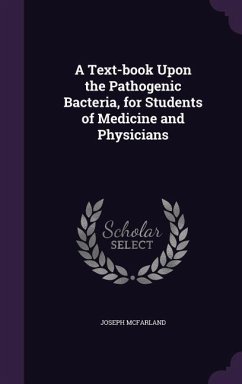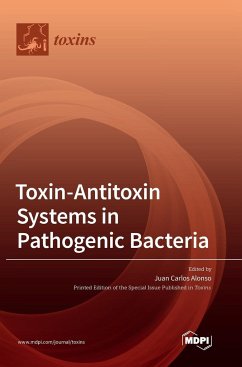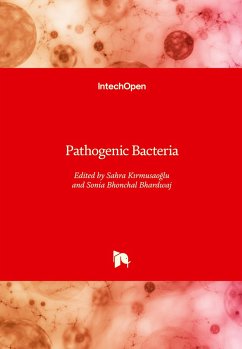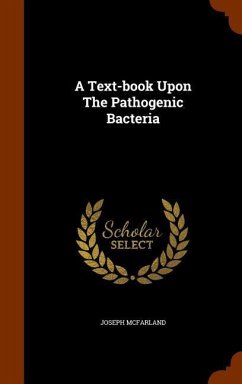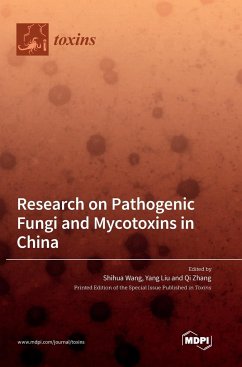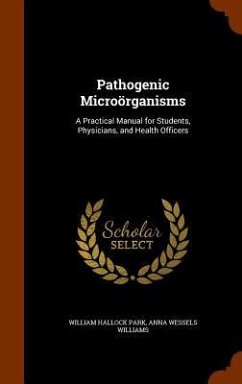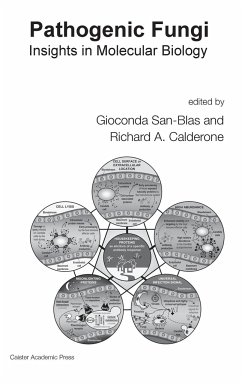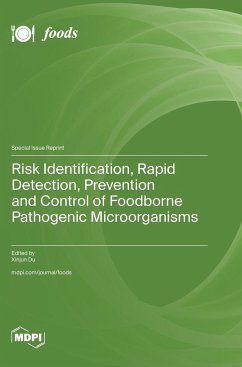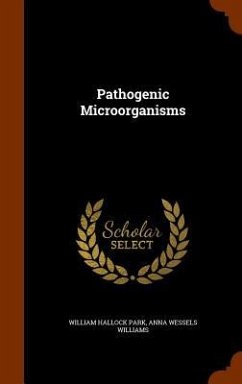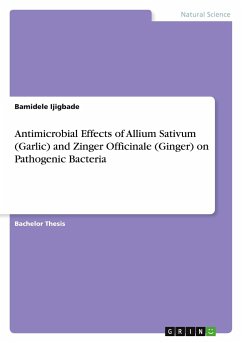
Antimicrobial Effects of Allium Sativum (Garlic) and Zinger Officinale (Ginger) on Pathogenic Bacteria

PAYBACK Punkte
0 °P sammeln!
Bachelor Thesis from the year 2022 in the subject Biology - Micro- and Molecular Biology, grade: 4.27, University Of Abuja (FACULTY OF SCIENCE), course: MICROBIOLOGY, language: English, abstract: This study on the antimicrobial effects of Allium sativum (garlic) and Zinger officinale (ginger) on pathogenic bacteria was conducted. The result of zone of inhibitions of Ethanolic extracts of the Allium sativum (garlic) and Zinger officinale (ginger) as described in the material and methods is presented. The zone diameter of inhibition in millimeter of Ethanolic extracts of Allium sativum (garlic) ...
Bachelor Thesis from the year 2022 in the subject Biology - Micro- and Molecular Biology, grade: 4.27, University Of Abuja (FACULTY OF SCIENCE), course: MICROBIOLOGY, language: English, abstract: This study on the antimicrobial effects of Allium sativum (garlic) and Zinger officinale (ginger) on pathogenic bacteria was conducted. The result of zone of inhibitions of Ethanolic extracts of the Allium sativum (garlic) and Zinger officinale (ginger) as described in the material and methods is presented. The zone diameter of inhibition in millimeter of Ethanolic extracts of Allium sativum (garlic) and Zinger officinale (ginger) at concentration of 500 mg/ml against Staphylococcus aureus shows that Allium sativum (garlic) and Zinger officinale (ginger) met the standard of the antibiotic used as the positive control (chloramphenicol) with 25.0±1.0 mm each. Meanwhile Salmonella typhi had significant zone diameter of inhibition (21mm, 22 and 24mm against Zinger officinale (ginger) and Allium sativum (garlic) respectively at concentration of 500mg/ml. Two of the extracts which include Allium sativum (garlic) and Zinger officinale (ginger) had the minimum inhibition concentration (MIC) of 125 mg/ml against Staphylococcus aureus and which correlate with the control (Cloramphenicol). Meanwhile Zinger officinale (ginger) had MIC of 250 mg/ml against Salmonella typhi respectively. The Minimum bactericidal concentration of the extracts shows that only Allium sativum (garlic) have the least value of 250 mg/ml which correlates with the standard antibiotic (chloramphenicol) used as control against Salmonella typhi while the rest of the other plant extracts which include Zinger officinale (ginger) had 500 mg/ml each as MBC against Salmonella typhi. Similarly, both Allium sativum (garlic) and Zinger officinale (ginger) had MBC of 250 mg/ml which also correlates with the standard antibiotics drug (Cloramphenicol).





